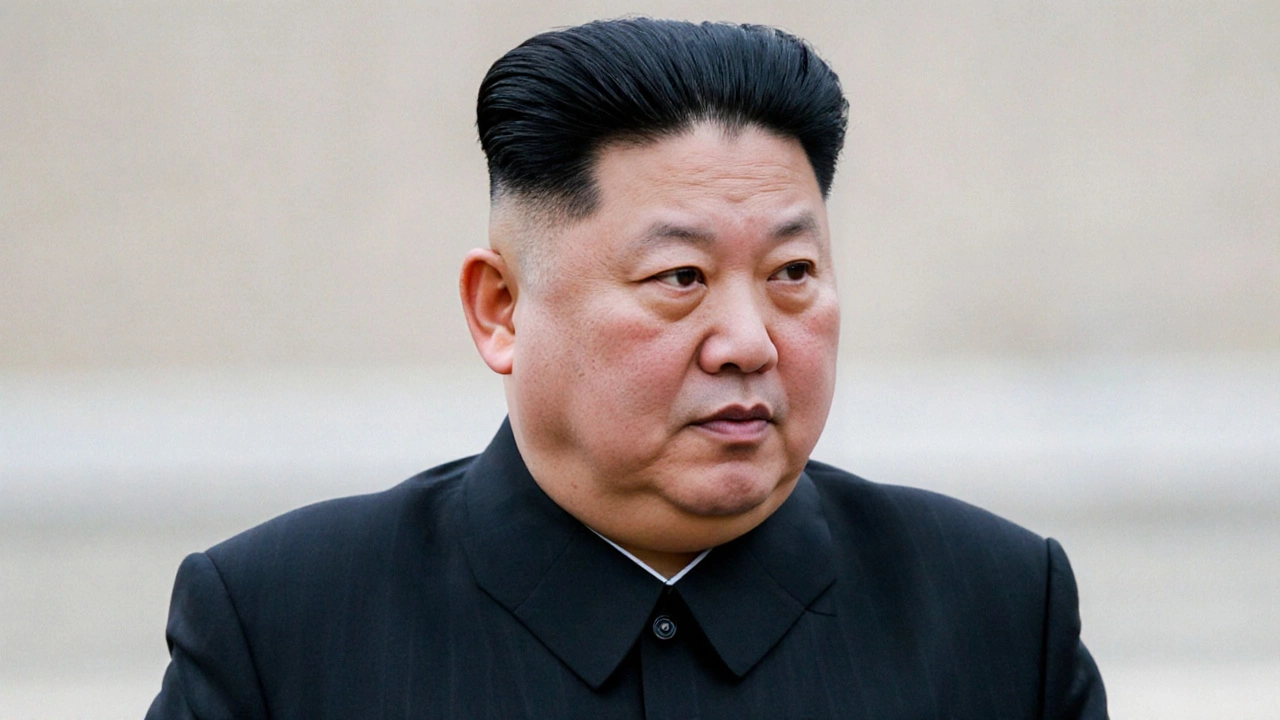World News Insights
When navigating World, the collection of events, politics, and cultural moments that shape our planet, you quickly see why reliable info matters. Take North Korea, the isolated East Asian nation often in headlines for its nuclear program and Greta Thunberg, the teenage climate activist whose statements spark worldwide debate. Their stories illustrate how World encompasses political tension, environmental advocacy and the way satire can blur facts.
One major subtopic here is satire, humorous content that mimics real news to critique or entertain. Satire often influences public perception, especially when it targets hot‑button issues like nuclear threat, the risk posed by countries developing or threatening to use nuclear weapons. In the World arena, fact‑checkers step in to separate truth from parody, ensuring readers aren’t misled by viral claims. This dynamic creates a clear semantic triple: World encompasses global events, fact‑checking requires verification, and satire influences how those events are received.
What You’ll Find Below
Below you’ll discover a curated mix of articles that break down viral stories, expose satirical origins, and analyze the real impact of geopolitical moves. Whether you’re looking for a quick fact‑check on a nuclear claim or an explanation of why a meme about Greta went viral, the collection offers practical insights without the fluff. Keep scrolling to get the context you need to stay informed in today’s fast‑moving World.

- Oct 5, 2025
- Blaise Kendall
- 0 Comments
Satire or Threat? North Korea’s ‘nuclear strike’ on Israel — Fact‑check debunks viral claim
A viral claim that North Korea threatened a nuclear strike on Tel Aviv over Greta Thunberg was debunked as satire by Misbar, tracing the story back to the Pamphlets media project.